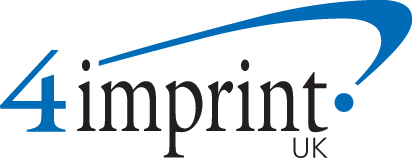| Numeracy is an essential skill, however as every teacher will have seen some pupils either struggle or find it difficult to engage with maths lessons.
So what can be done to boost the level of interest in a subject that can open lots of doors for pupils later in life?
Timing is everything
A recent study by Velichka Dimitrova of the Royal Holloway, University of London found that pupils perform better in maths lessons when they’re scheduled in the morning. Children achieved higher scores in maths when they were tested earlier in the day, and conversely, kids did better in history lessons when they were scheduled in the afternoon, rather than first thing. The paper argues that simply scheduling lessons appropriately could therefore be a great way of getting better results without spending money on additional resources.
Maths needs positive branding
Kids often don’t aspire to be seen as a bookworm or a number-cruncher, but surely that shouldn’t mean they should extol appearing clueless instead? Countdown co-host and mathematician Rachel Riley believes one key problem is the fact that people are often happy to boast about their limited maths skills and use it as a ‘badge of honour.’ She argues that people wouldn’t do the same if they weren’t able to read, which she says point to maths having a ‘branding issue.’ As a result, she feels people should be very careful about the messages they convey to children early on. ‘You wouldn’t say ‘I can’t read’ and have the same kind of flippant attitude towards it. But it is something that if you hear it enough – that’s how advertising works – you start to believe it.’
Contextualise learning
While the measure of a pupil’s academic achievement will be test results, teachers can do more than drill children to pass exams. Indeed, contextualising learning where possible can help stimulate enthusiasm for a subject, as it gives kids an idea of why certain skills could be useful later in life. Teachers can do more than simply explain why maths skills are handy in the long-term. Kids can be provided with tools such as rulers, tape measures and calculators in many subjects, from art to geography, where they can apply what they’ve learnt in maths for other purposes.
As Rachel Riley says: ‘I think coursework and making things fun is more important, because if you’re trying to train people up to get careers or to be numerate in their day-to-day lives, it’s never put in a box. Whatever job you have, you’ll never have exam conditions.’
While testing is undeniably important there’s also room to try to stimulate a genuine interest in a subject beyond the exam hall if it is presented in an engaging and relevant way. And this can be a big contributor to the good results every school wants to see.
STeaching maths in the morning improves results TES
We need to stop saying ‘I’m crap at maths’ like it’s a badge of honour says Rachel Riley, TES |



